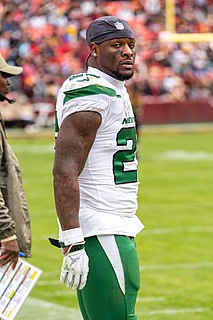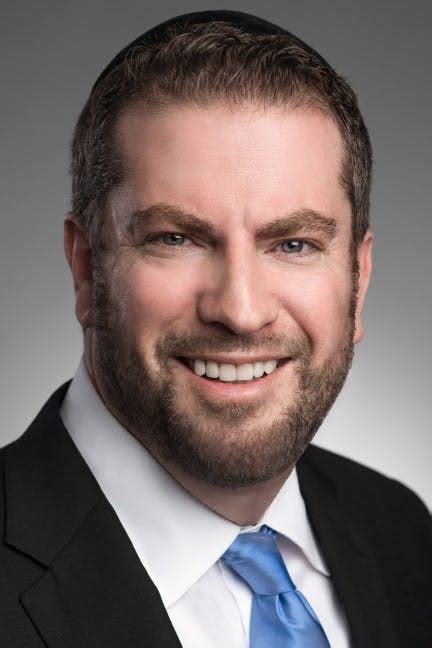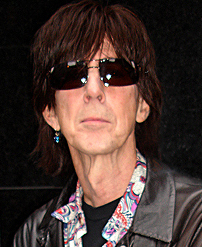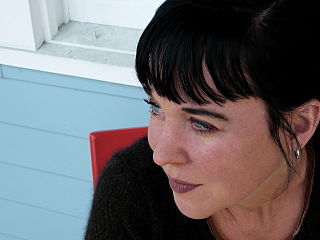A Quote by Noah Baumbach
I'm always interested in how people, myself included, have ideas of themselves, of how they thought they would be, or of how they want to be seen. And the older you get, the world keeps telling you different things about yourself. And how people either adjust to those things and let go of adolescent notions. Or they dig in deeper.
Related Quotes
You know what I was thinking about on my way home? How different my life would be if you’d made that gash a little deeper. Or how different yours would be if I’d vaulted myself off a roof nine years ago. Do you ever think about things like that? Like, if either you or I wouldn’t have made it, where would the other one be right now? It was something I thought about all the time: how death changes every remaining moment for those still living.
I am always struck by how difficult it is for people to see how much cruelty they are bringing not only upon animals but upon themselves and their loved ones and other people, how much we are screwing up the planet, how much we are hurting our own health, how hard it is to change all that, how eager people are to make a buck at everybody else's expense - all those things are discouraging.
I thought, you know, I would probably not have seen that. On the other hand, he's obviously completely telling the truth. So, then what is that? That's - I wanted to explore that. And then I wanted to talk about how ideas are born. And the big question that the book asks in a number of ways about a number of things is that. How does a new idea come into the world?
One of the many things I love about working with Ryan Murphy is that you're always thin-sliced in this business. You walk into a room and people want you to be how you look or how you're perceived or whatever it is in that 10 minutes that hey meet you. I think Ryan [Murphy] has an intuition that looks a little bit deeper and sees things that other people might not see in you - sometimes you might not even see in yourself - but that he knows are there and that he might want to get to grow and stretch with as an actor.
I think 'Shade Room,' it's a different me. You know, I think it's more on the lyrical side, talking about my life and how I really feel. You know, all these things outside of football. And people really get to look at how I feel about things or how I look at certain things. It's not just a song, more so me just telling people how I feel.
How people see the world is often a reflection of how they see themselves. If they think that the world is just a cesspool of lies and deceit, then they themselves may be full of lies and deceit. Watch out for those people who are always telling you just how corrupt the rest of the world is. As the saying goes, 'It takes one to know one.'
Of all the things people have taught me regarding life lessons or anything that would benefit me, I don't think anything helped me learn more about life than football. You go through so many different things: adversity, how to handle adversity, how to handle success, how to lead, how to be a teammate, how to communicate.
There seems to be something in the zeitgeist, and maybe it's a function of - I'm no analyst, nor am I a psychologist - when you look at things and say, What if I could go back and change things? I think we live in a world right now where people are asking those questions a lot. What if we could go back and change what we did? How would we change the way we handled things in the Middle East, and how would we change things with the banking industry, and how would we change economic and educational issues?
I think I understand what bands want, just from having made records myself. I understand what it takes to get a good vocal sound, or to make people comfortable in the studio. From minor things like their headphone mix - and if a singer's singing, how they should hear themselves - to how to make people feel that they're getting exactly what they want. All those things, I think, are an advantage, especially the part about having done it myself. I'm not just an engineer who records the sounds well. I'm not afraid to take chances.
People always ask, "How do you get in the mind of the teen reader?" I think all human beings have these common threads. We struggle with the same things. We desire love and attachment. We have to sort out how much we want to be attached and be independent, how we manage need and being needed and being hurt. These are things that begin when we're - how old? Then in those teen years we start to really feel them.






































